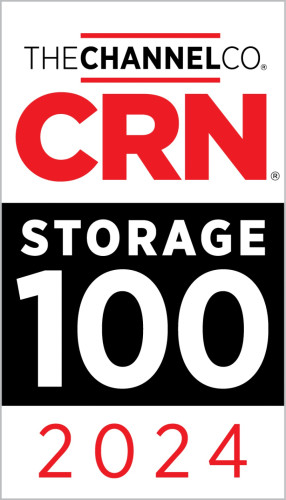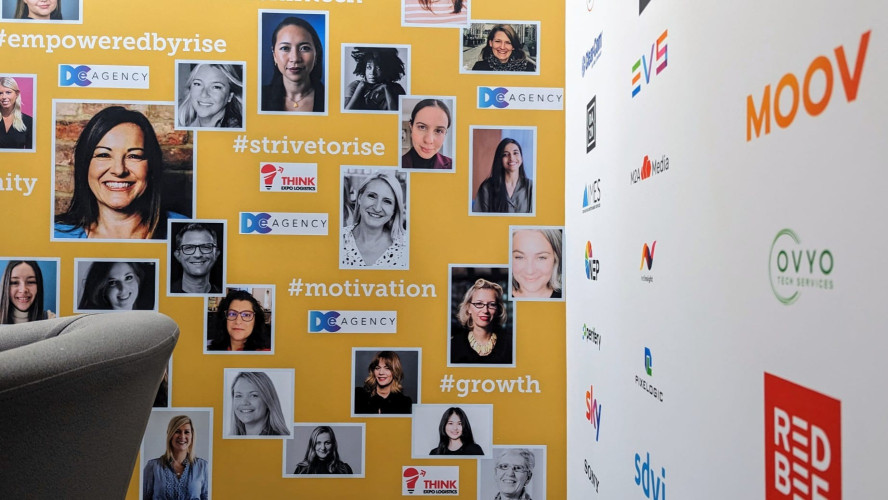by Thomas Urbye Issue 97 - January 2015
Often this very question is debated by experts in our industry, but many have their own agenda, whether that be advertising creation, media buying, low budget film-making, publicly funded television, subscription based services and beyond. But what is the real future for our viewing habits, those of us working in this industry and who will succeed and who will fail in the next five years as technology and human behaviour changes faster than in the last 75 years?
Let\'s start with video advertising. Netflix currently accounts for 34% of Internet traffic in the United States. There are no adverts on Netflix. iTunes is becoming the latest standard for new on demand movie and series releases, rental or ownership - no adverts. Sky has huge rights ownership of major US series, but people record and skip the adverts. BBC iPlayer, no adverts. This leaves ITV and Channel 4 and other smaller channels. ITV will continue to show adverts for its mainstream audience, in the main these are supermarket and grocery brands. Channel 4 will continue to be part funded by adverts but who will watch them, unless forced by 4OD?
YouTube currently has adverts, most of which you can skip after five seconds, and now they have decided to introduce a subscription model to avoid advertising, that is a further loss to the advertising community.
The reality is that TV advertising has, in the main, become less adventurous and lower budget, and brands prefer their money spent online across safe measurable clicking. This in my opinion will drive spending towards Branded Sharable Factual/Fictional Content and destroy the traditional video advertising industry, programmes and short films that subtlety promote the brands featured will triumph. It could be an online cookery series sponsored and featuring Morphy Richards or Russell Hobbs or a drama/comedy series centred around a road trip using a BMW Mini or Range Rover. At that point you can remove advertising breaks, which audiences, especially younger ones, no longer want.
The movie industry is polarised around the world between low budget filmmaking, where budgets are so tight that pay is bad for all and suffer distribution difficulties, and big budget tent pole Hollywood movies. Government funded film councils do not tend to support commercial scripts and so investment does not recoup for the benefit of the industry, the focus seems to be awards for worthy but non-commercial films. Directors and Producers however can now distribute themselves directly to platforms and try to recoup without the help of distributors (who are often struggling themselves) or even a sales agent. The only area in the movie industry making profits is large Hollywood tent pole productions that cost $100 million + but can make sizeable profits. Sadly though being a VFX facility in this market is not as lucrative as it once was as you can\'t quantify the cost of constant client changes and competition is high. The consolidation of VFX companies at the high end in to even bigger companies is a given, and movie studios will expand on their own in-house post services, wiping out many post production companies across the world.
Tax incentives from countries like Belgium and Canada are so high that movie and drama productions follow them around meaning pockets of companies relying on work in traditional areas are struggling, those that do win work have used upfront cash investment and inflated quotes in the films or dramas to increase the tax credit and cash flow production. This happens across the world and is acutely felt in Central London where regional spends outside the M25 motorway also greatly reduces inward investment in London services set up as a centre for creative excellence.
All content making companies will continue to move costs in-house, with post and other services being ultimately done in the cloud, utilising the computer power available. The adage remains, if it can be done in the cloud, then it will all be done in the cloud.
The budgets on content creation will continue to drop as competition will increase, access to near as free equipment will greatly reduce barrier to entry and revenue in hire and post production rates and pay rates for companies and freelancers will remain static and in real terms will fall against rising inflation. Anyone in the industry who wishes to remain relevant will need to own their own content and work with companies to help them to produce work that audiences actually want to watch. This will not be adverts, filler programming or dull formats.
My company\'s focus is creative excellence and focused on non-biased advice. Genres include high-end drama and features, remote grading for companies with in-house post or helping those companies to build those services for content creation across any genre, and working with them as consultants on that move to total control and distribution and creatively engaging content. As agencies become production companies, and former post houses become major production companies going to brands directly, media buying companies will struggle as brands and agencies do it themselves.
The media landscape is changing, along with capitalism in the main, and the casualties will be high for those slow to adapt, audiences now control what they watch, when they watch it, anyone can make anything if they have the talent - be sure whatever sector you work in that you make the right decision for yourself.





































